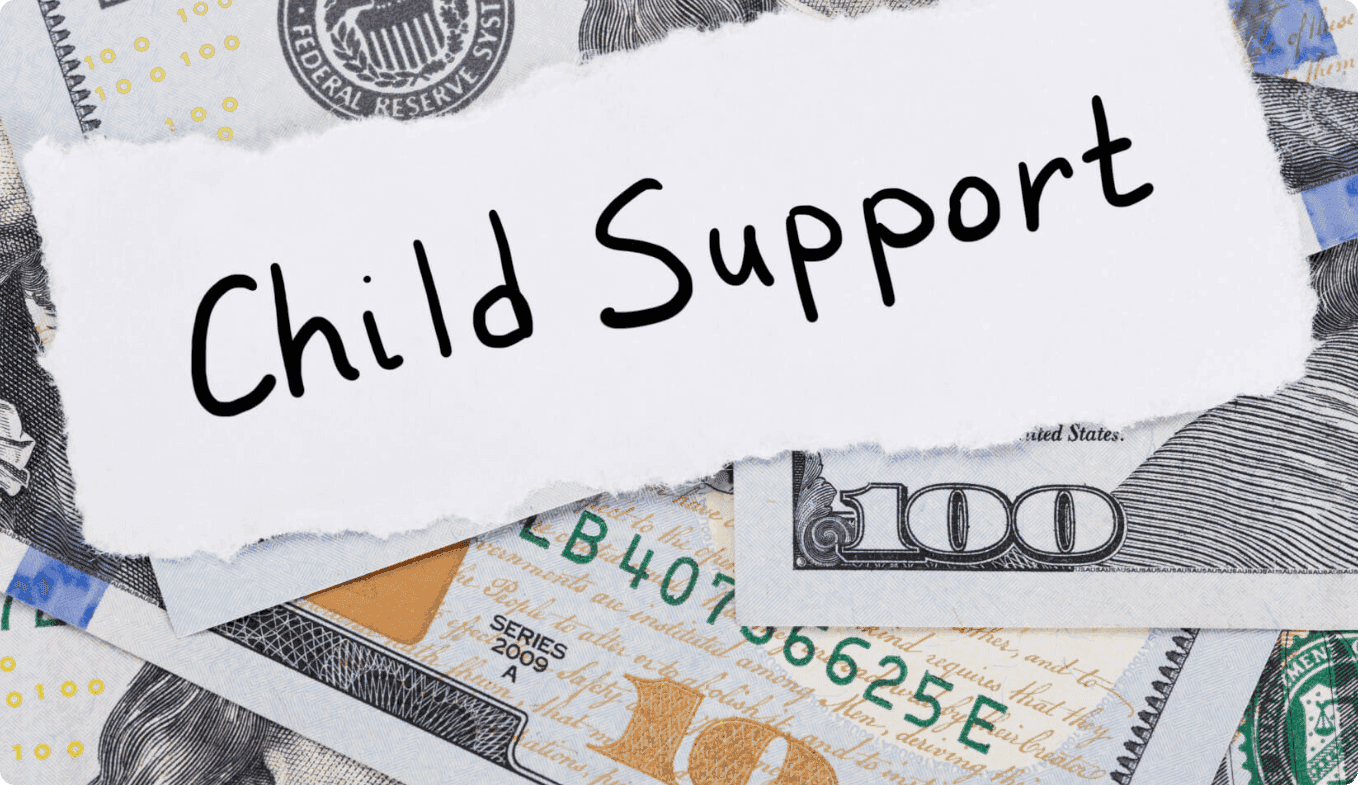Understanding Child Support and Child Maintenance in Australia
Child support and child maintenance play vital roles in Australian family law. They ensure children are financially supported after their parents separate or divorce. Child support refers to payments from one parent to another for a child’s daily needs. Child maintenance, however, may apply to adult children in specific cases. This article covers how these payments work, how they’re calculated, and when to seek help.

What is Child Support?
Child support is money paid by one parent to the other to help raise their children. It covers essentials like food, clothes, housing, school fees, and medical costs. Usually, the parent without primary custody pays child support to the parent with custody.
How is Child Support Calculated?
In Australia, child support can be worked out in two ways:
Services Australia Assessment
This is the standard method. Services Australia uses both parents’ incomes, the number of children, and care arrangements (like shared or sole custody) to set the child support amount.Private Agreement
Parents can agree on child support themselves. This can be made official with a Binding Child Support Agreement, which must be written and signed by both.
For private agreements, it’s smart to get legal advice to ensure fairness and legality.
Legal Obligations for Child Support
Both parents must financially support their children under Australian law. The child support amount depends on:
Each parent’s income
The number of children
The care split (e.g., equal care might lower payments)
If things change—like income or custody—parents can request a new child support calculation.
Adult Child Maintenance: When Does It Apply?
Child support usually stops at age 18. But adult child maintenance can continue if:
The child is still studying (e.g., high school or university)
The child has a disability or special needs and can’t support themselves
Unlike child support, courts decide adult child maintenance, not Services Australia.
Table: Child Support vs. Adult Child Maintenance
Feature | Child Support | Adult Child Maintenance |
Child’s Age | Under 18 | Over 18 |
Who Decides | Services Australia or parents | Court |
Purpose | Covers daily costs | Supports dependent adult children |
Legal Basis | Child Support (Assessment) Act 1989 | Family Law Act 1975 |
Seeking Professional Advice
Child support and child maintenance can get tricky. A family law expert can help. Firms like AHL Legal offer advice on child support issues. They ensure your arrangements are fair and follow the law.
Checklist: Steps to Arrange Child Support
Figure out custody arrangements
Use Services Australia’s calculator to estimate child support
Decide if a private agreement works for you
Talk to a lawyer about your rights and duties
Finalize with a Binding Child Support Agreement if needed
Common Questions About Child Support and Child Maintenance
What’s the difference between child support and child maintenance?
Child support is for kids under 18. Child maintenance is for adult children who still need help.How is child support calculated in Australia?
It’s based on parents’ incomes, number of kids, and care arrangements—either by Services Australia or a private deal.Can child support change?
Yes, if income or custody changes, you can ask for a reassessment.When does child support stop?
Usually at 18, unless the child is still in school or has special needs.Do I need a lawyer?
Not required, but a lawyer can ensure your child support plan is fair and legal.
Child support and child maintenance ensure kids get financial help after a separation. Knowing how child support is calculated, your legal duties, and when adult child maintenance applies helps you plan better. For complex cases, consult a family law specialist to safeguard your rights and your children’s future.



 1300 91 66 77
1300 91 66 77







 HOME
HOME


